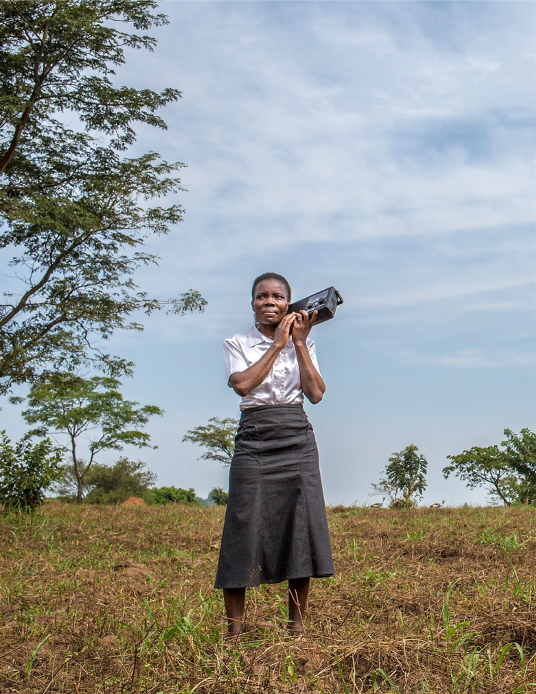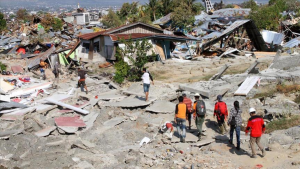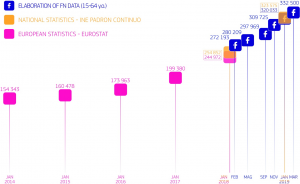
Understanding public attitudes towards refugees with radio content analysis
Summary
An outbreak of conflict in July 2016 caused thousands of South Sudanese to flee to neighbouring countries, especially Uganda, where the number registered in 2016 reached over 600,000 people, mainly women and children. In response to the needs of the UN, UN Global Pulse used automated speech-to-text methodologies to analyse local radio content to provide insights around the refugee influx in Uganda.
The Radio Content Analysis Tool developed by UN Global Pulse works by converting public discussions that take place on radio into text for multiple languages (Luganda, Acholi, Ugandan English, Somali and others) not serviced by other speech recognition technologies. Once converted, the text can be analysed for topics of interest relevant to development and humanitarian actors.
Results
This effort demonstrated that speech-to-text processing (by automated dictation software), combined with natural language processing (with software that can interpret text), may be used to close an information gap across the digital divide by generating machine-readable big data about refugees in rural areas where up-to-date information of any kind is seldom available.
Overall, this approach showed radio content can be a useful data source to complement research on refugee integration, and it is technically possible to replicate and scale up the approach to a wide range of radio stations to incorporate as many voices as possible.
(Image: © UN Global Pulse)






